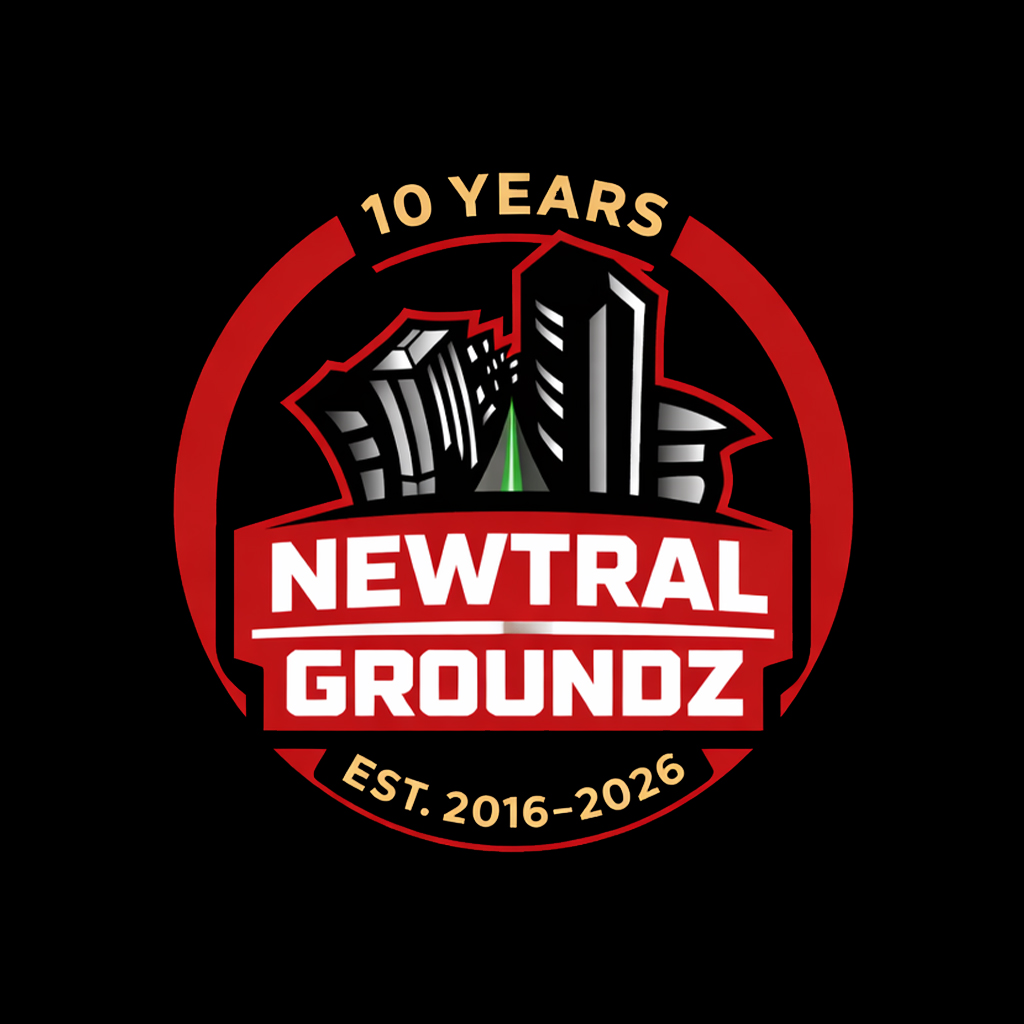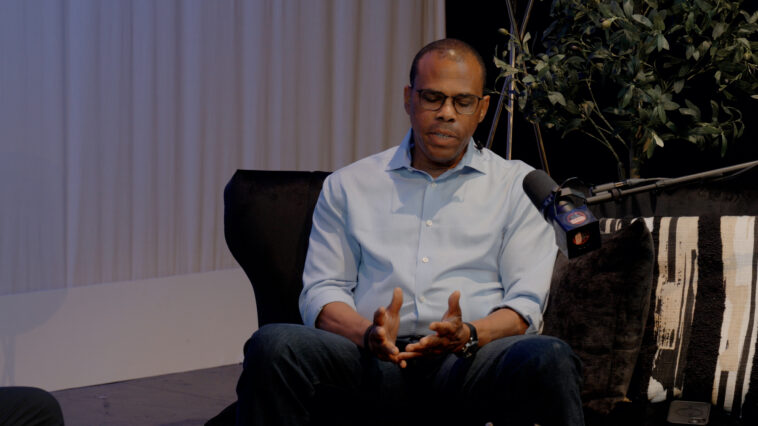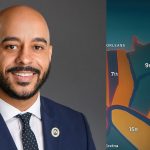Judge. Cop. Advocate. Mayor?
Arthur Hunter’s journey from a New Orleans East playground to the criminal court bench and now into the mayoral race is one defined by principle and perseverance. A former NOPD officer turned judge and civil rights litigator, Hunter’s life has been a series of public service chapters—each rooted in a deep sense of justice and accountability.
Now, as a candidate for mayor, he’s promising to rebuild New Orleans from the ground up—starting not with ribbon cuttings or slogans, but with systems.
“I’m Not Here to Be Served—I’m Here to Serve.”
Hunter’s resume reads like a civic blueprint: ex-cop who sued the department over civil rights abuses, judge who launched reentry courts with a 14% recidivism rate, and an advocate who stood up for 6,000 incarcerated people left without legal counsel post-Katrina.
His core value? Independence.
“As a judge, I didn’t make decisions based on popularity,” Hunter says. “I made them based on principle—even when I was told it would cost me re-election.”
For Hunter, running for mayor isn’t a career move—it’s a moral obligation. “People died so that African-Americans could hold office. We aren’t here to blend in. We’re here to change things.”
Neighborhoods, Not Just Numbers
Unlike candidates who lean on crime statistics, Hunter focuses on neighborhoods. “If the park is dead, the schools are failing, and the lots are overgrown—you don’t need data to know something’s wrong.”
His approach to public safety is holistic: afterschool programming, mentorship, arts, and community policing—not just more patrol cars. His “NOLA NORD After School” initiative combines sports, STEM, and character education with wraparound services from schools, churches, and clinics.
“If we don’t give that 13-year-old boy a paintbrush or iPad, someone will give him a Glock,” Hunter says.
Innovation Without Barriers
Hunter doesn’t just want to support entrepreneurs—he wants to train them. His plan? Free city-backed education on how to properly run a business: tax filings, permits, FEMA compliance, and sales taxes. His logic is simple:
“I want you to make money. I want you to charge sales tax. That builds revenue for our city’s infrastructure.”
Hunter also wants the city to get out of its own way. “Government should ask, ‘How can we help you succeed?’ Not block you with red tape.” He believes we lose too many creative and tech minds to cities like Austin and Atlanta because New Orleans fails to support its talent.
A 25-Year Infrastructure Plan
Hunter’s vision for infrastructure is long-term. Instead of short-term fixes tied to election cycles, he wants to partner with Tulane’s engineering school and develop a 25-year master plan. His goals:
- Integrate Sewerage & Water Board with Public Works to streamline street and pipe repairs
- Build drainage, water, and street infrastructure that lasts
- End the cycle of “spit-and-tape fixes” tied to whoever’s in office
“Fixing one street just to watch it collapse six months later? That’s not leadership. That’s optics.”
A Climate Strategy Rooted in Reality
New Orleans can’t survive without serious climate policy. Hunter wants to establish a Climate Change Institute based in New Orleans and collaborate with surrounding parishes on regional climate strategy. His priorities include:
- Cool zones in vulnerable neighborhoods
- Stronger building standards
- Economic incentives for resiliency planning
- Making New Orleans a global hub for climate research
On Education: Solutions Over Slogans
Hunter doesn’t want to get into the charter vs. public school debate. Instead, he’s focused on results.
“We can’t ignore that if a child can’t read at grade level, that’s not just an education issue—it becomes a crime and economic issue,” he said. His administration would invest in afterschool programming, trade certifications, and building direct pipelines from schools to universities, local businesses, and city employment opportunities.
Katrina Changed Him—And Solidified His Mission
Hunter lost nearly everything in the floodwaters. “Eight feet of water in my house. The only things we could carry out were in a green garbage bag,” he said. “That’s when I decided—I’m not tolerating nonsense anymore.”
He later fought for incarcerated people left behind during the storm, pushing the state to uphold constitutional rights even in crisis.
“We’ve Got the Soul. Now Let’s Handle the Business.”
Hunter says the difference between New Orleans and cities like Houston or Atlanta isn’t culture—it’s execution.
“They don’t have the soul we have. But they take care of business. That’s what I’m here to do.”
No more contracts handed out based on who you know. No more public offices used as stepping stones. No more neglecting the basics while the city crumbles.
“This is about safety. About jobs. About trust. You want to know why I’m running? Because I know we can do better—and I know how.”
Watch the full Ground Zereaux interview here: [https://www.youtube.com/watch?v=3mWgTA4jxJs]



